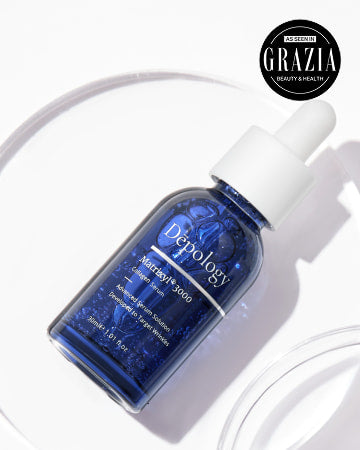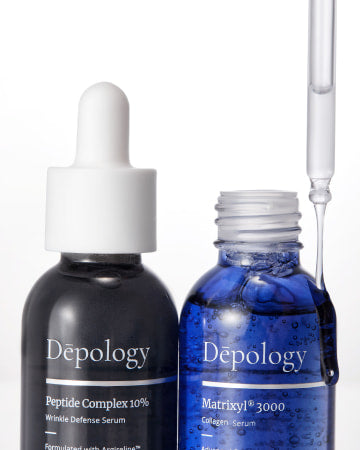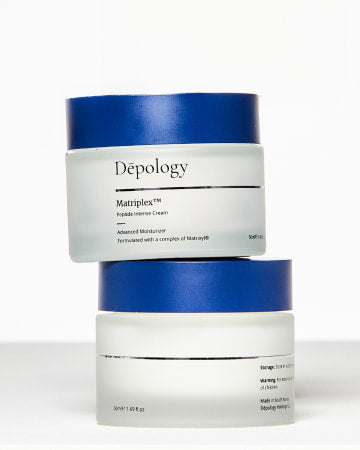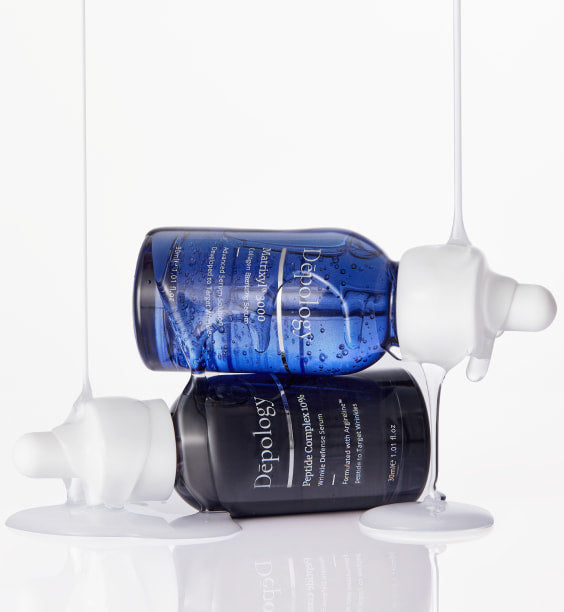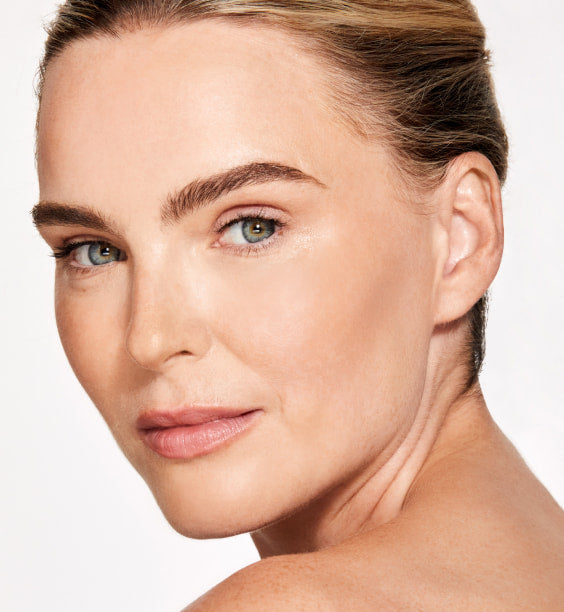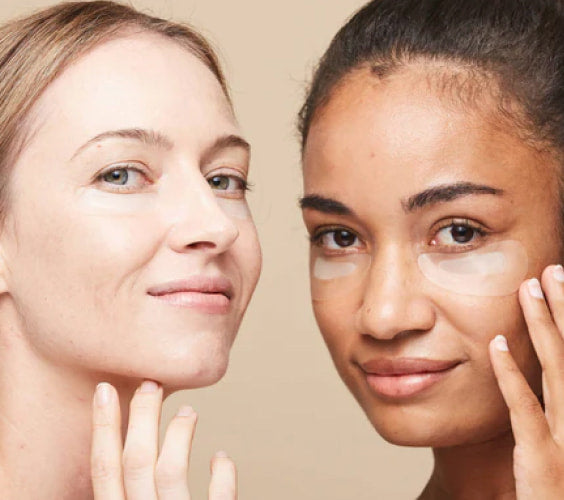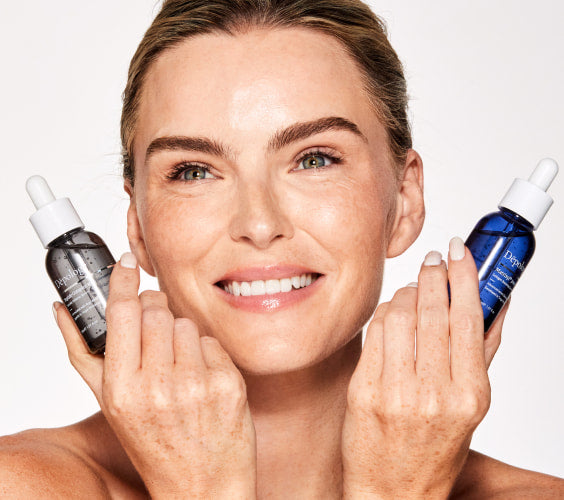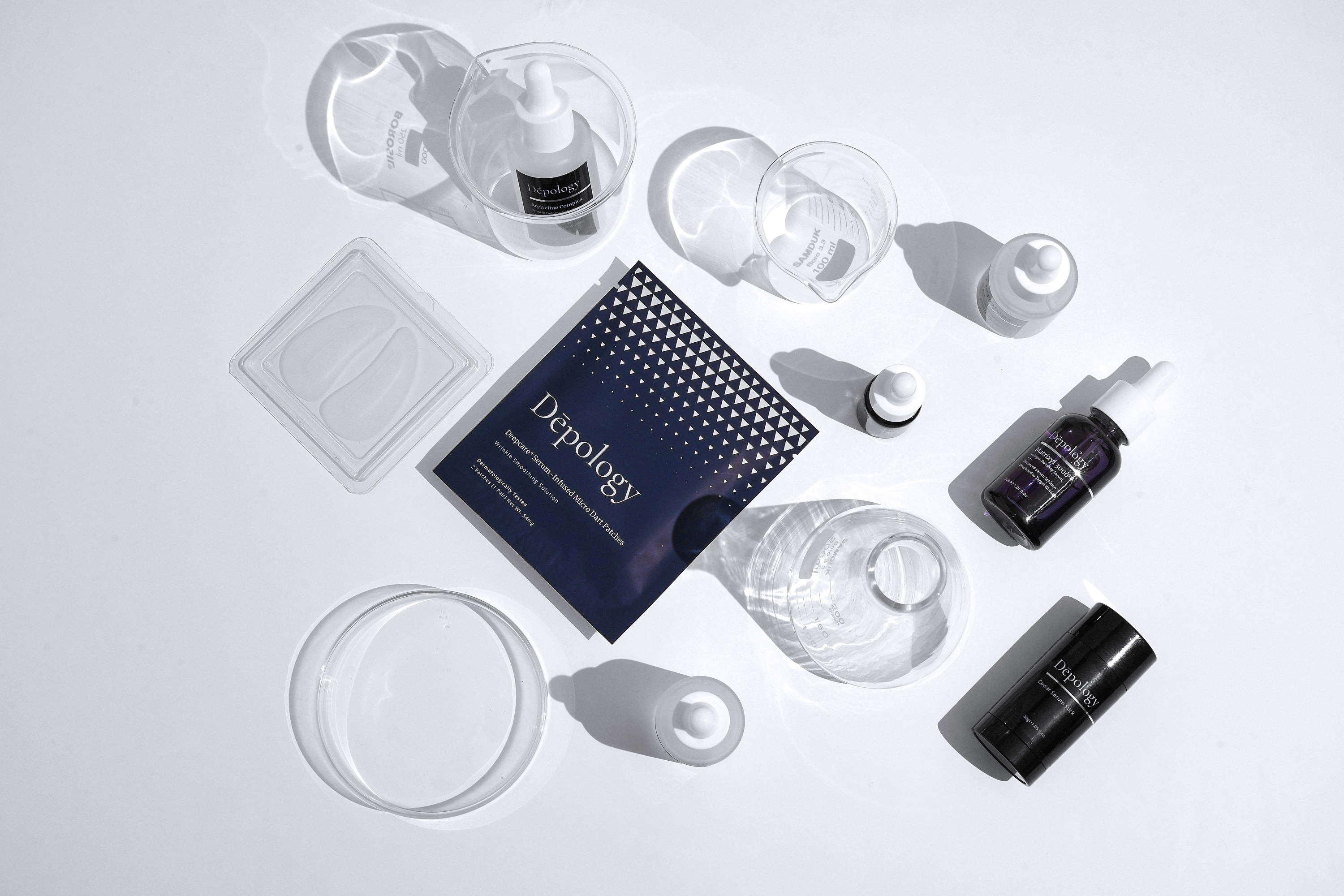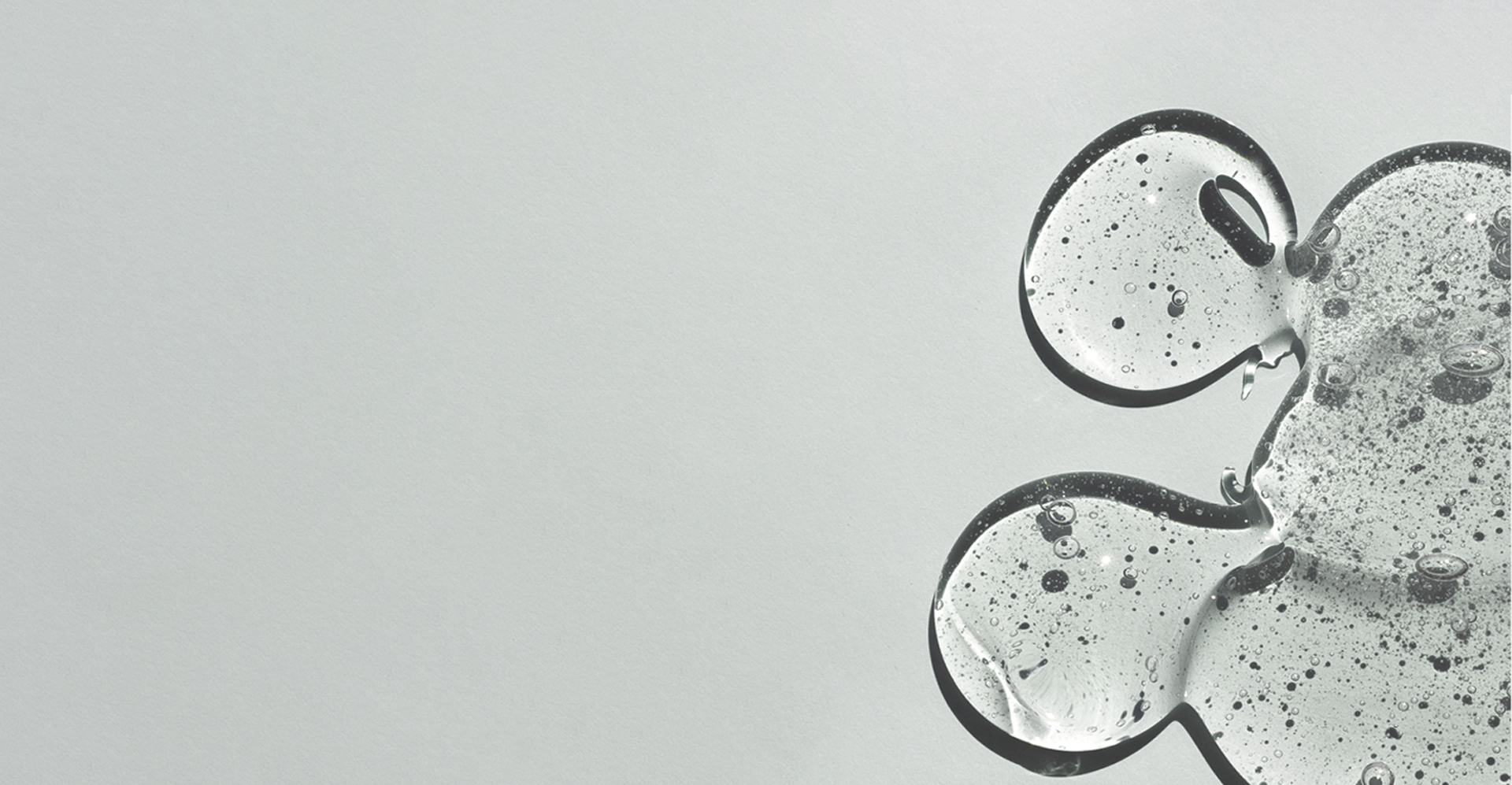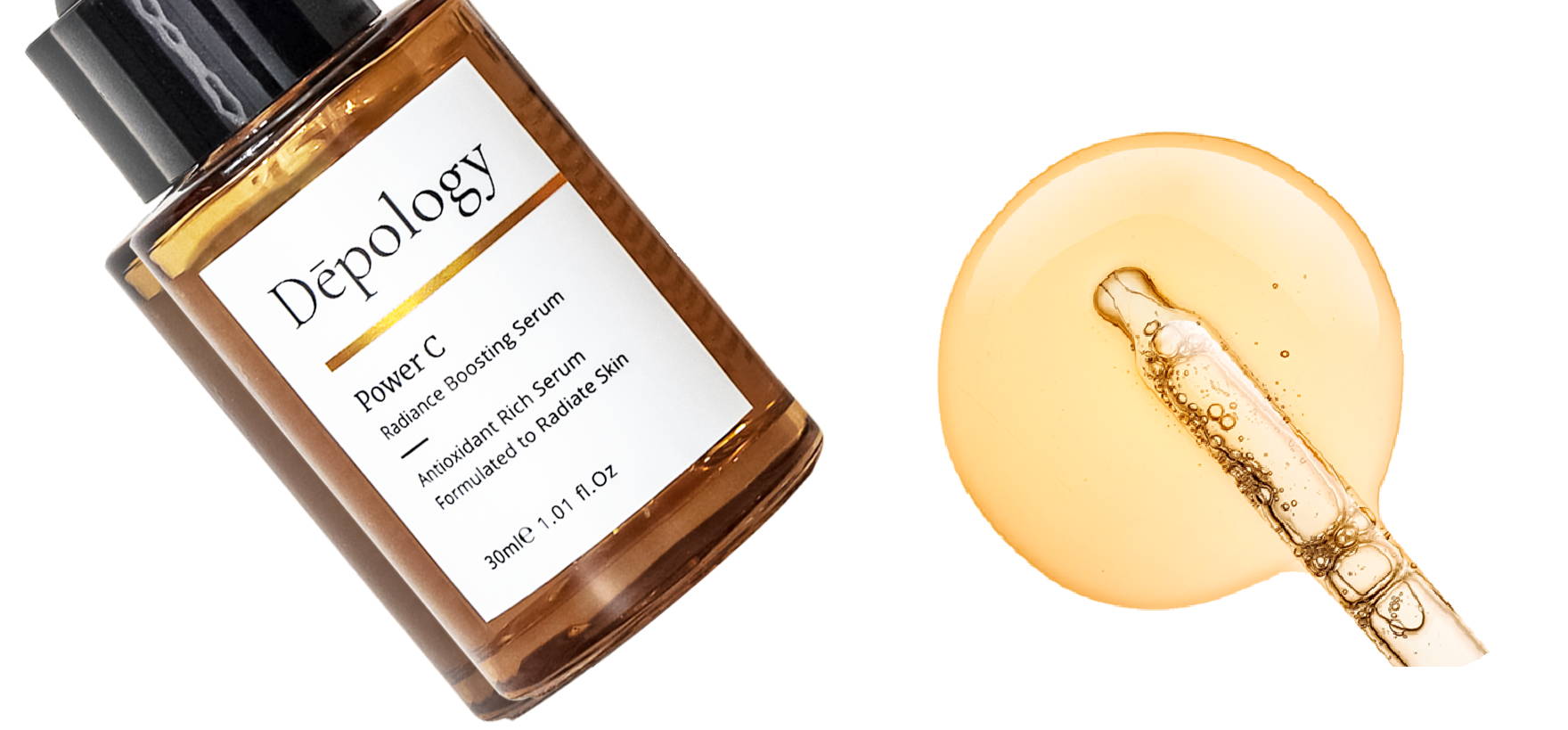
Does Vitamin C Help with Acne?
Vitamin C is a popular ingredient in skincare products, known for its antioxidant properties that can help protect the skin from damage caused by free radicals. But, does it actually help with acne? Let's find out.
Acne is a common skin condition that occurs when the hair follicles become clogged with oil and dead skin cells. This can lead to the development of pimples, blackheads, and whiteheads. While there is no one single cause of acne, it is believed to be influenced by a number of factors, including hormones, genetics, and diet.
Vitamin C is believed to help with acne in several ways. First, it has anti-inflammatory properties, which can help to reduce redness and swelling associated with acne. This is because it helps to suppress the production of cytokines, which are molecules that promote inflammation.
In addition, vitamin C is which is a protein that helps to keep the skin firm and elastic. This can help to reduce the appearance of scars and other signs of aging, which are often exacerbated by acne.
Vitamin C is also believed to have antibacterial properties, which can help to prevent the growth of Propionibacterium acnes (P. acnes), the bacteria that is commonly associated with acne. By reducing the levels of P. acnes on the skin, vitamin C may help to reduce the severity of acne breakouts.
While vitamin C has been shown to have a number of benefits for the skin, it is important to note that it is not a cure for acne. In fact, some people may experience skin irritation or sensitivity when using products that contain high concentrations of vitamin C. Therefore, it is important to use these products in moderation and to patch test them before using them on a larger area of the skin.
BENEFITS OF VITAMIN C SERUM FOR ACNE PRONE SKIN
-
**Anti-inflammatory Properties:** Vitamin C has anti-inflammatory properties that can help reduce redness and swelling associated with acne.
-
**Antibacterial Properties:** Vitamin C has antibacterial properties that can help prevent the growth of Propionibacterium acnes (P. acnes), a bacteria commonly associated with acne.
-
**Brightening Effect:** Vitamin C has a brightening effect on the skin and can help improve the overall appearance of acne-prone skin by reducing hyperpigmentation.
-
**Antioxidant Properties:** Vitamin C is a powerful antioxidant that can protect the skin from damage caused by free radicals, which can contribute to the development of acne.
-
**Normalizing Oil Production:** Vitamin C has been shown to regulate sebum production, helping to keep skin hydrated and reducing the likelihood of clogged pores and breakouts.
-
**Strengthening the Skin Barrier:** Vitamin C helps to strengthen the skin barrier, making it less prone to damage and helping to prevent further breakouts.
-
**Improving Skin Tone:** Vitamin C can help improve the overall skin tone, making it look smoother and more radiant, which can help to reduce the visibility of acne scars.
It is important to note that while vitamin C can have numerous benefits for acne-prone skin, it should be used in moderation to avoid skin irritation or sensitivity. It is also important to consult with a dermatologist before using a vitamin C serum to make sure it is appropriate for your skin type.
DEPOLOGY'S CHOICE OF VITAMIN C SERUM FOR YOU
As with all our formulations, we only use the best ingredients to ensure that you get the results you are looking for. Our Antioxidant Concentrated Serum is no exception, it uses Ferulic acid to target pigmentation, aging and other signs of sun damage. This serum is extremely effective when incorporated into a routine with our N.A.T Serum and Pigment Repair Micro-Dart patches for extra luminance to the skin.
CAN YOU USE VITAMIN C DURING PREGNANCY?
Vitamin C serum is generally considered safe for pregnant women, but it is always best to consult with a doctor before using any new skincare product, especially during pregnancy. Vitamin C is an essential nutrient that is required for the proper functioning of the body, and it is also found in many fruits and vegetables. However, it is important to note that high doses of vitamin C can have adverse effects, such as digestive upset and diarrhea.
When it comes to using vitamin C serum during pregnancy, it is important to keep in mind that the skin can be more sensitive during this time, and some women may experience skin irritation or sensitivity when using products containing high concentrations of vitamin C. It is also important to avoid using vitamin C serums that contain other ingredients that may be harmful during pregnancy, such as retinoids or hydroquinone.
Additionally, while vitamin C has been shown to have a number of benefits for the skin, including reducing inflammation, it is not a cure for acne and should not be used as a treatment for severe acne during pregnancy. Women who have severe acne during pregnancy should consult with a doctor for the best course of treatment.
Final thoughts, while vitamin C serum is generally considered safe for pregnant women, it is important to consult with a doctor before using it and to choose a product that is formulated specifically for sensitive skin. Additionally, women who have severe acne during pregnancy should consult with a doctor for the best course of treatment.
CONCLUSION: WHAT DOES VITAMIN C SERUM DO FOR ACNE
Vitamin C is a popular ingredient in skincare products and has been shown to have a number of benefits for the skin, including reducing inflammation and preventing the growth of P. acnes (Propionibacterium acnes). However, it is not a cure for acne and should be used in moderation to avoid skin irritation or sensitivity.


